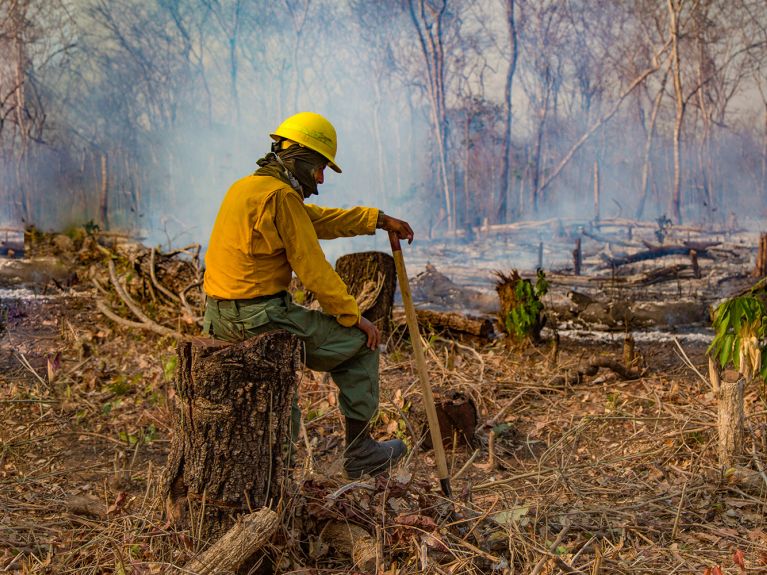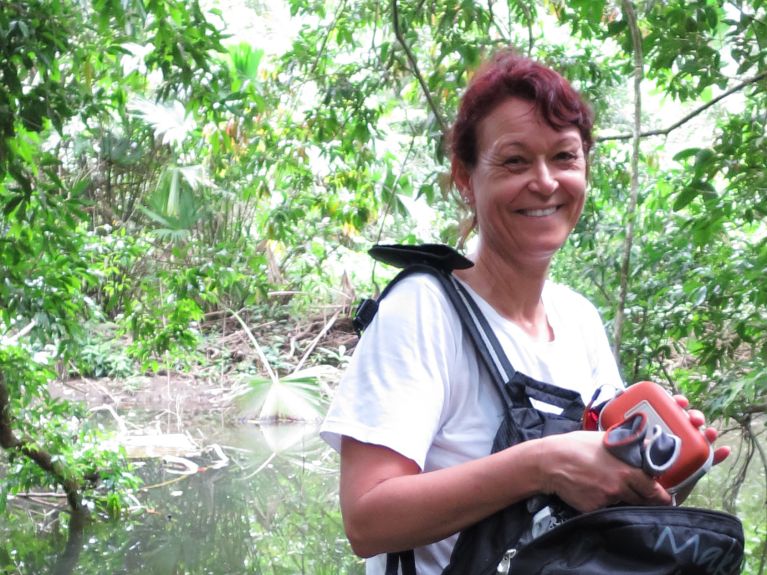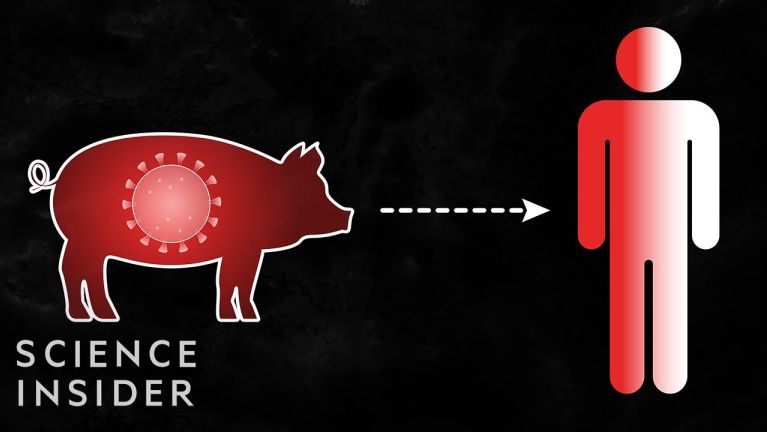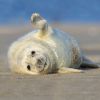Viruses from the jungle
The biologist Simone Sommer of the University of Ulm explains how new virus infections and protecting ecosystems are related.

Swine flu, Ebola, SARS and now Covid-19: many epidemics have their origin in the animal kingdom; they are then called zoonotic diseases. Viruses are natural components of the eco-system and live in constant competition with the immune defences of human beings and animals. But why are animal viruses transmitted to humans?
The risk of infection increases owing to the destruction of ecosystems
"Novel zoonotic infectious diseases can arise when species are confronted with pathogens to which their immune systems are not adapted", explains Professor Simone Sommer. The biologist heads the Institute for Evolutionary Ecology and Nature Conservation Genomics at the University of Ulm and is an expert in zoonotic disease. Her institute researches how diseases can be transmitted from animals to humans. This kind of transmission takes place when heretofore untouched, intact ecosystems are disturbed. That brings people into contact with animals and plants which they would not otherwise have encountered.
Dieses YouTube-Video kann in einem neuen Tab abgespielt werden
YouTube öffnenThird party content
We use YouTube to embed content that may collect data about your activity. Please review the details and accept the service to see this content.
Open consent formBecause of the growing world population, human beings are increasingly penetrating remaining natural habitats. There they build settlements, roads and dams, often clearing virgin forests and establishing plantations to cultivate, for example, soy or palm oil. “This destroys animal habitats”, says Sommers. “Species communities change; sensitive species, which have difficulty adapting to the changes, decrease or disappear entirely. Biodiversity is reduced.” Other species, so-called generalists or also accidentally introduced invasive species, can multiply significantly in the changed environment.
The immune system is not prepared for new viruses
As a result of changed land use, humans, livestock and wild animals are living closer and closer together. This affects the viruses that they carry and with which humans may not have had previous contact. The natural immune defence is therefore not prepared for the pathogens that may be transmitted. “The contact rates between humans, farm animals and wild animals are increasing drastically. And that also has consequences for the development of new viruses, the transmission options for viruses, and so too the development of new zoonotic diseases”, explains Sommers.

Preventing pandemics through more conservation
“The coronavirus crisis shows that humanity is at a turning point”, says Sommers. We must preserve the remaining natural spaces. We must finally give protection of the environment and animal species its due importance in political and economic decisions.”
You would like to receive regular information about Germany? Subscribe here:



